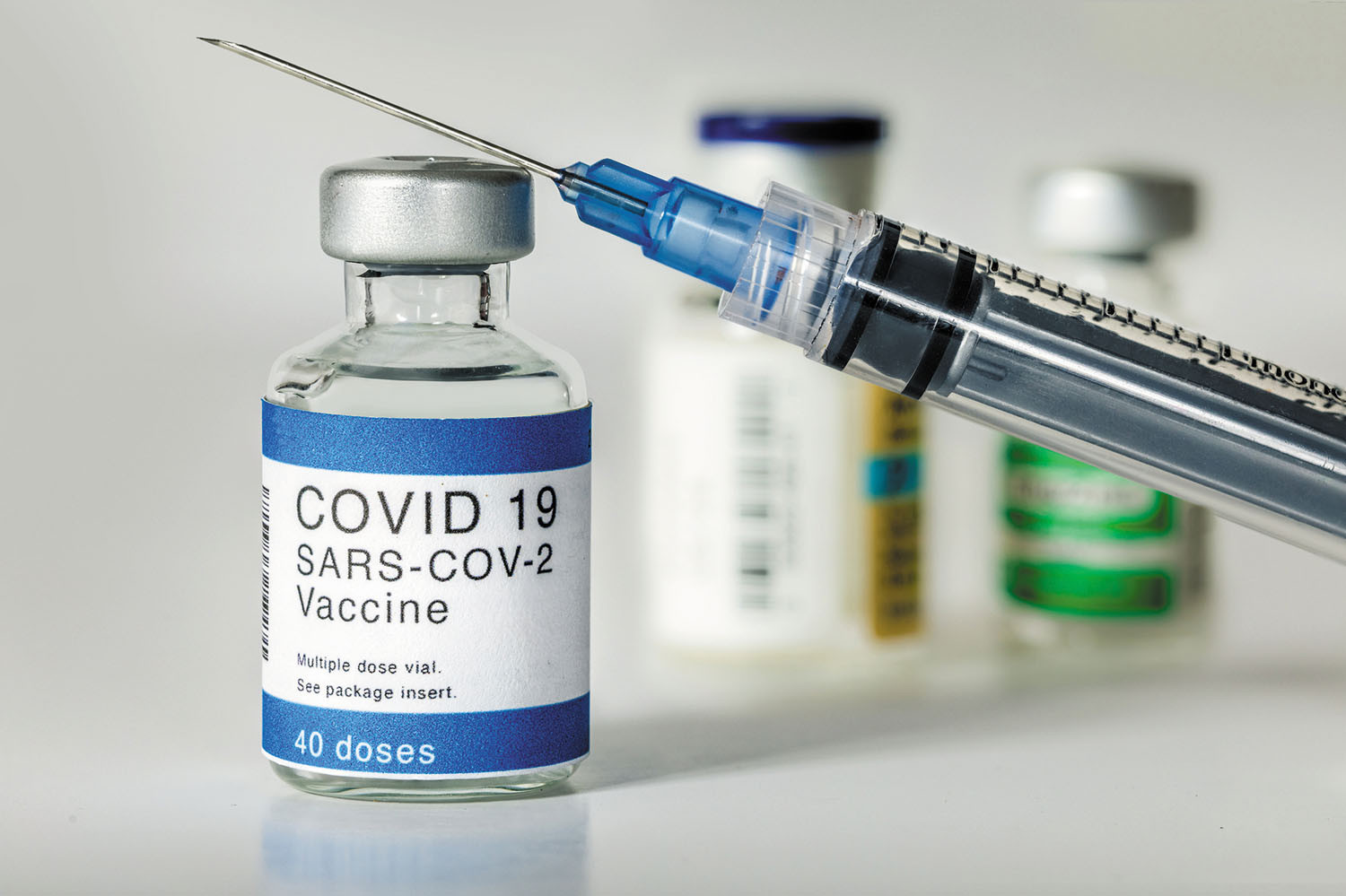the impact of the first cup of coffee of the day


Especially in the morning… A study reveals the impact of the first cup of coffee of the day.
Caffeine increases dopamine activity in key brain areas, leading to improved mood and increased alertness.
The first large-scale real-world study of its kind has shown that caffeine is a stimulant that can significantly improve mood, especially in the morning, according to a report published by New Atlas, citing Scientific Reports.
Around 80% of adults worldwide consume caffeinated beverages, and the use of these stimulants dates back a long way in human history,” said lead researcher Sakari Lemola, a professor at Bielefeld University.
In detail, researchers in an international study conducted by Germany’s Bielefeld University examined the actual impact of caffeine—in the form of coffee—on emotions. In two separate studies, 236 adults between the ages of 18 and 29 recorded their mood and the amount of caffeine they consumed several times daily, over a period of two to four weeks.
The scientists collected data on participants’ average daily coffee consumption, caffeine dependence, sleep quality (according to the Pittsburgh Sleep Quality Index), and symptoms of depression and anxiety (using the PHQ-9 and GAD-7 screening tools).
noticeable improvement
The researchers found that participants experienced a significant improvement in their mood after drinking coffee, but this effect peaked within 150 minutes of waking up. After that, the positivity faded, rising only slightly in the evening.
But not surprisingly, this association between caffeine and good mood was greatest when people were tired, but less pronounced when they drank coffee in social situations.
Professor Ano Rialu of the University of Warwick said: “Caffeine works by blocking adenosine receptors, which can increase dopamine activity in key brain areas,” an effect that studies have linked to improved mood and increased alertness.
In contrast, caffeine did not alleviate persistent negative moods—such as anxiety—as they remained completely unchanged
The researchers believe this could be due to emotion, as anxious participants likely have deeper, longer-lasting fears that a stimulant like caffeine may not affect.
But the effect of a cup of coffee on happiness was consistent across all study participants.
“It is somewhat surprising that there were no differences between individuals with varying levels of caffeine consumption or varying degrees of depressive, anxiety, or sleep problems,” said Justin Hachenberger of Bielefeld University, adding that “the associations between caffeine intake and positive or negative emotions were fairly consistent across all groups.”




